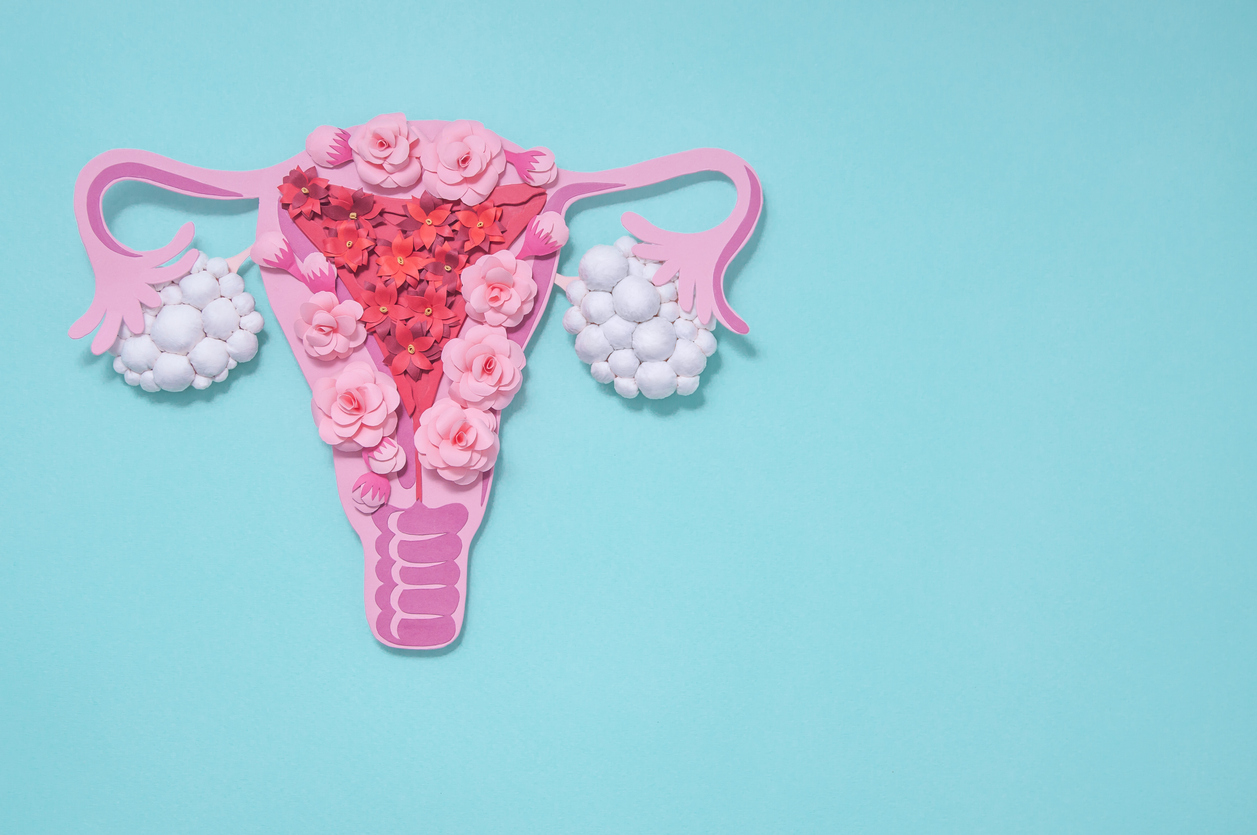
Premature ovarian failure is when the supply of eggs has run out or has been destroyed and there is no way to produce any more. The periods stop altogether. When there have been no menstrual periods for a full 12 months the condition is diagnosed. It is usually confirmed with blood tests (FSH, LH or AMH). A pelvic ultrasound scan will also show very small sized ovaries.
For several years before the periods actually stop altogether (the menopause) the egg levels will be extremely low and pregnancy is unlikely.
Egg donation IVF is the only fertility option. This is where another woman (egg donor) donates eggs to the woman in need of eggs (recipient). The process of IVF is then undertaken and the recipient partner’s sperm is placed with the donor eggs. The fertilised embryo is placed into the womb of the recipient. The womb requires the correct balance of hormones to ensure healthy implantation and development of the pregnancy.
Women with premature ovarian failure should also be advised on general health measures such as the need for monitoring for osteoporosis (bone health).